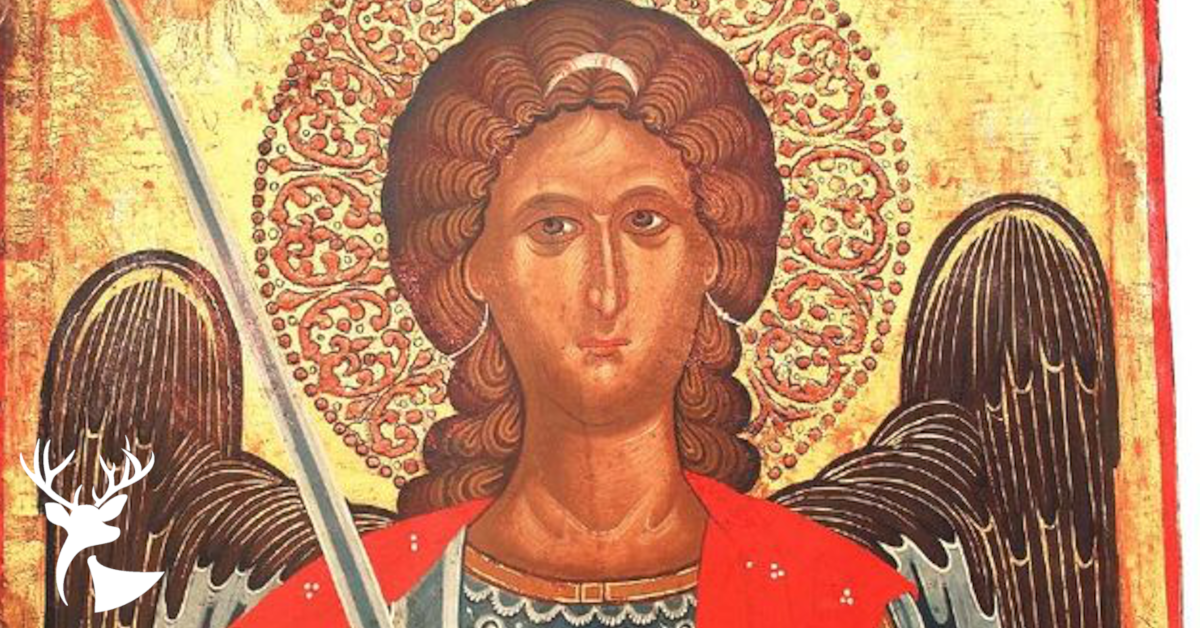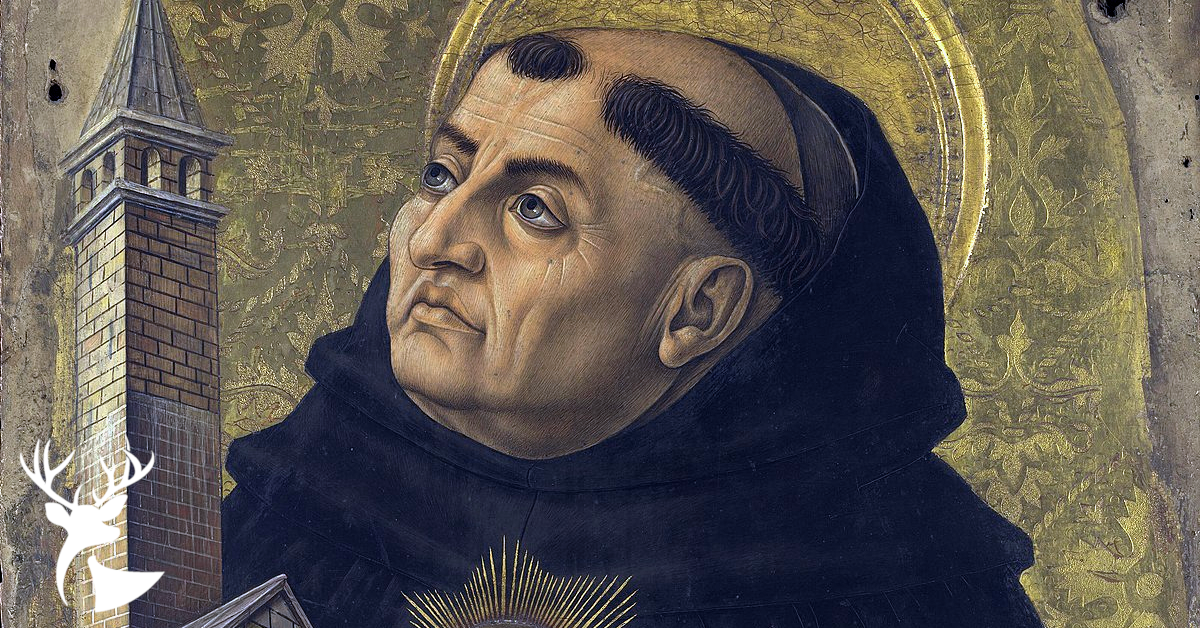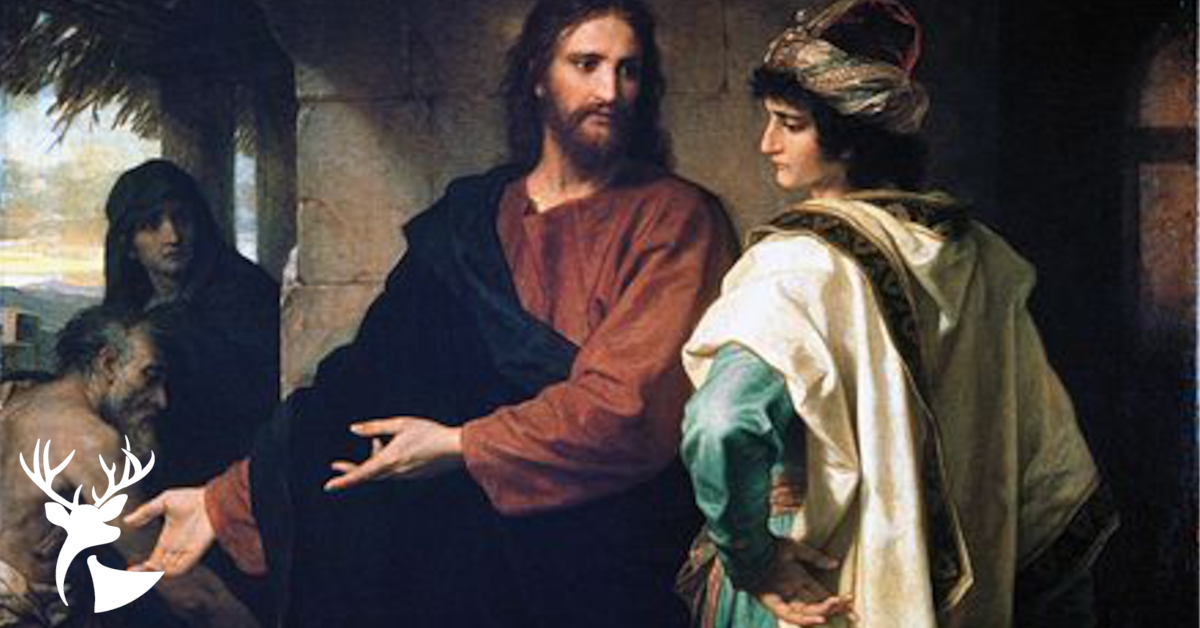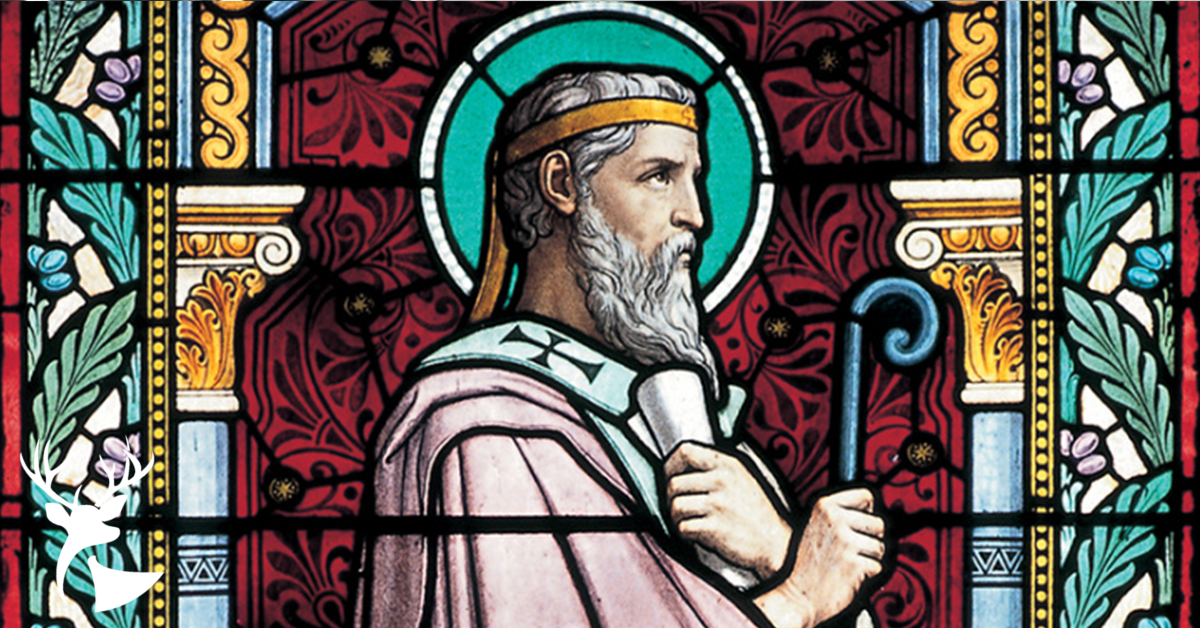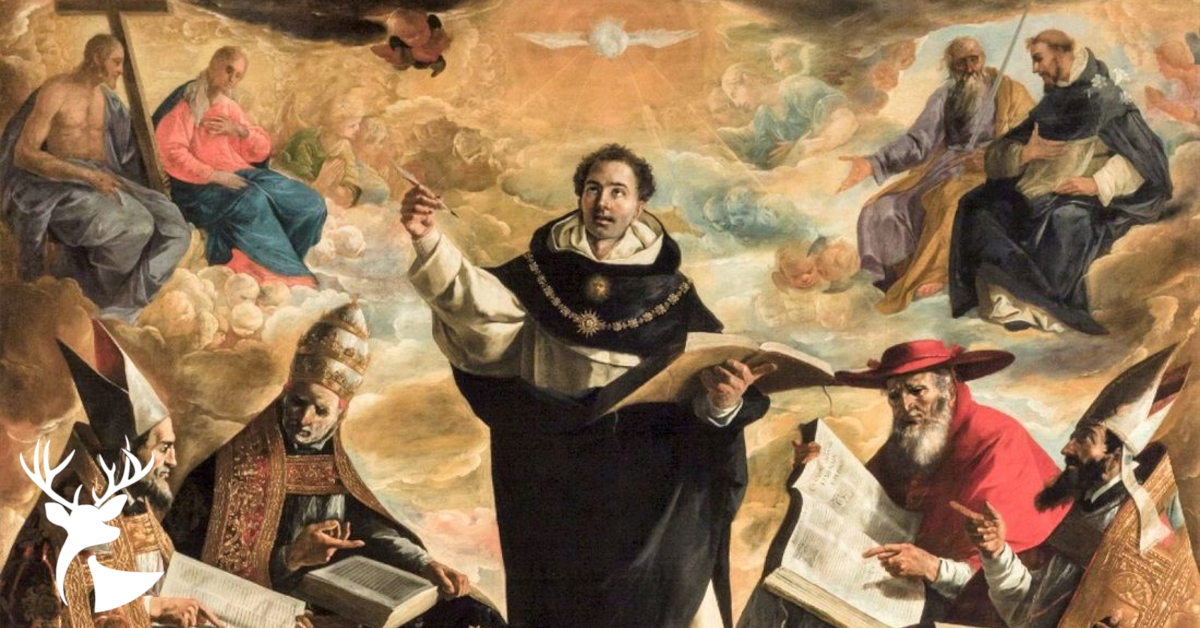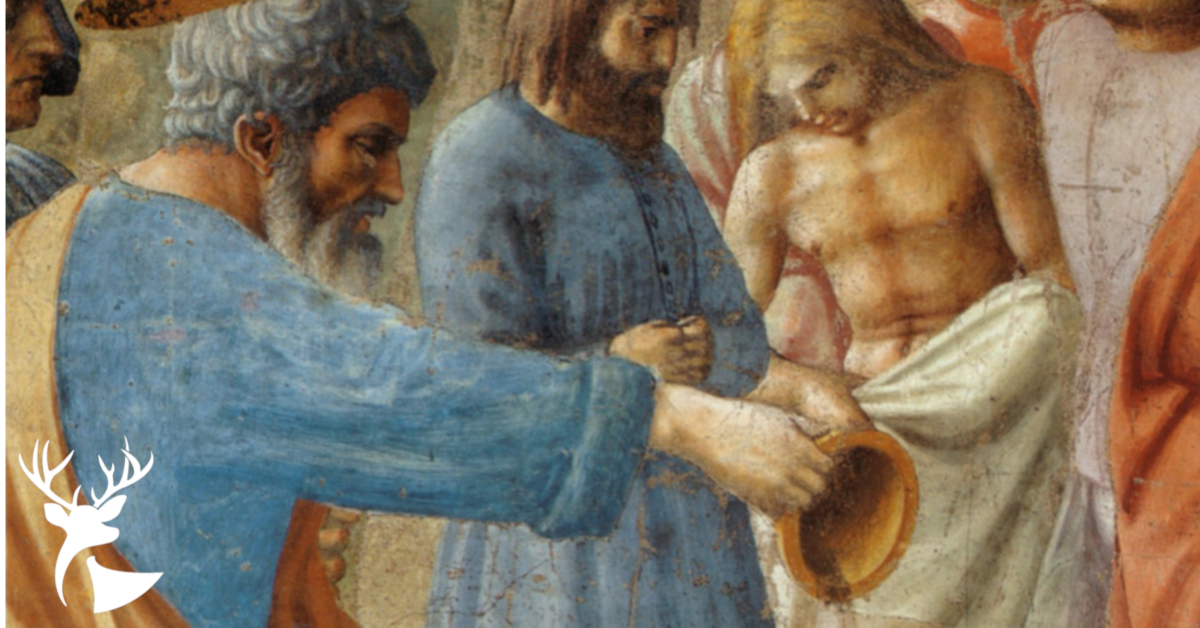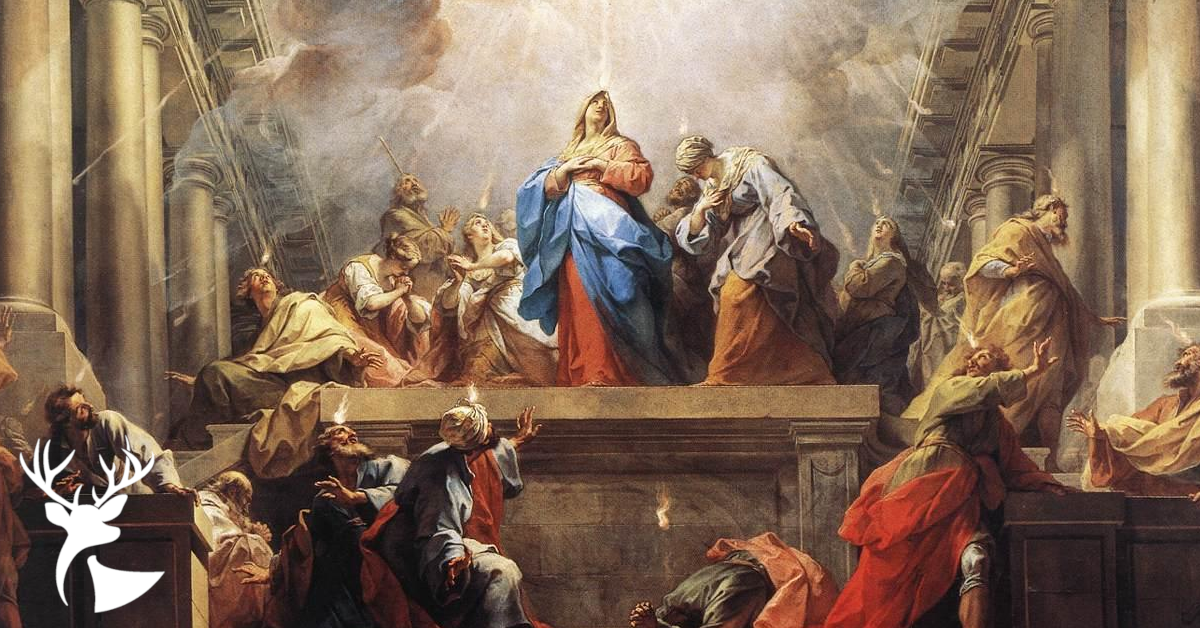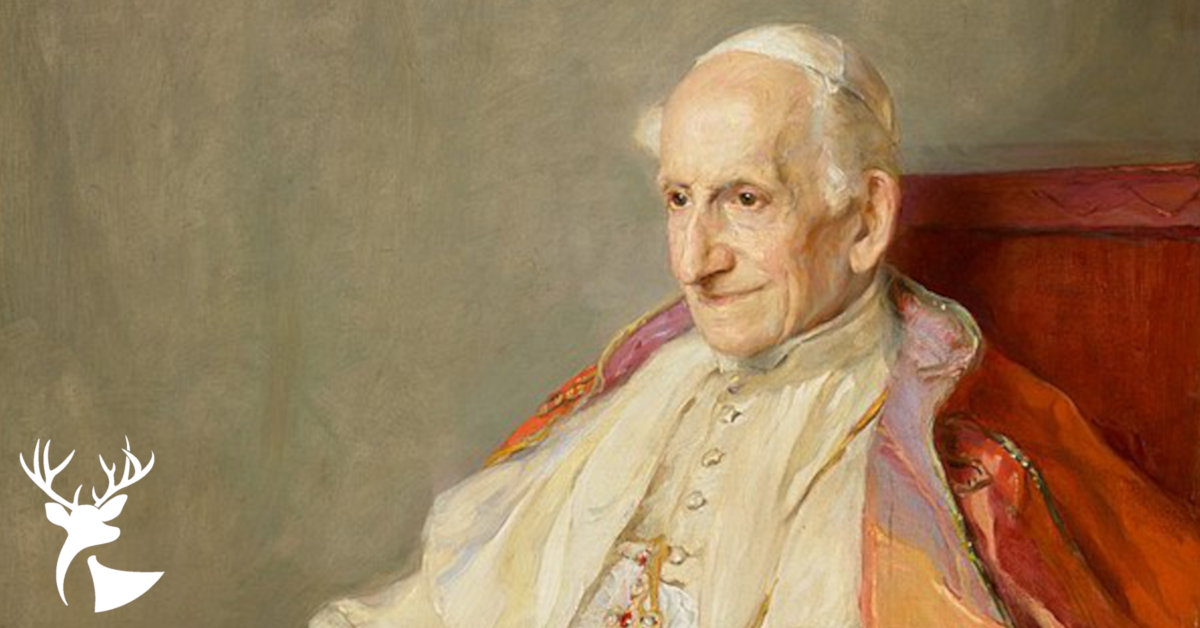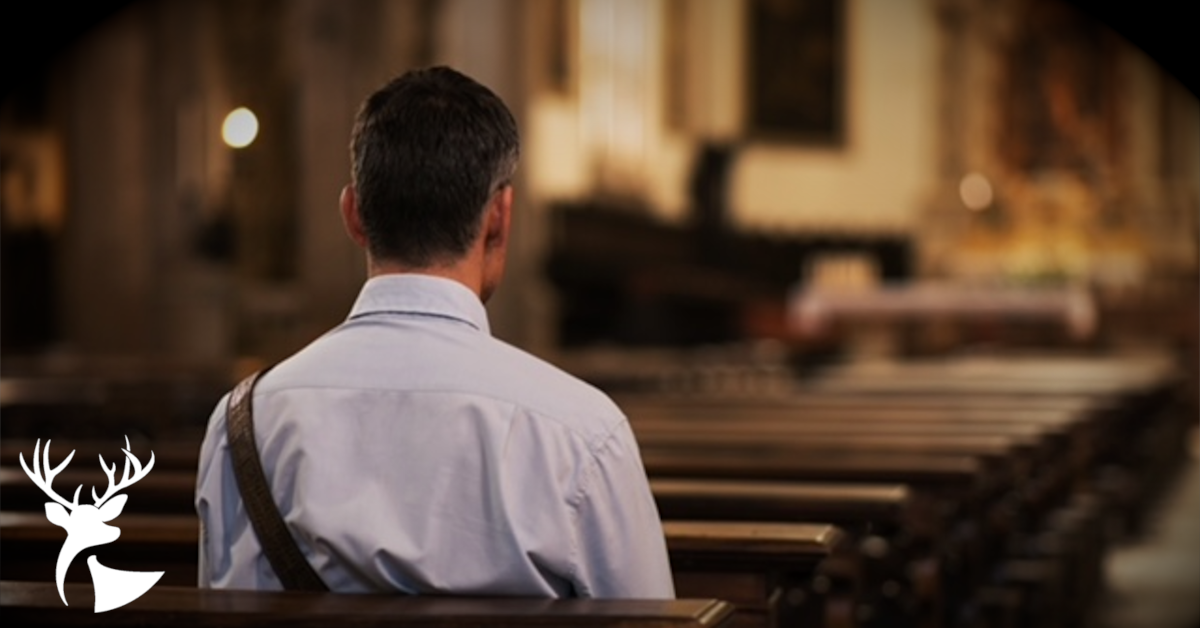
Dr. Aaron Henderson is a Faculty Tutor for the Alcuin Institute for Catholic Culture.
Stay Connected!
St. John Paul II wrote, during his relatively lengthy reign as Supreme Pontiff, many noteworthy and helpful documents. His first encyclical, Redemptor Hominis, reminded the faithful of the efficacy and universal scope of Jesus’s salvific work, setting the stage and tone for his entire pontificate; his last, Ecclesia de Eucharistia, articulated for the faithful the mysterious relationship between the Church and the Holy Eucharist. Every work in between has in its own way contributed to the life of the Church and its renewal. Some with good reason view Veritatis Splendor, on the renewal of moral theology, as his greatest. We celebrate the 30th anniversary of Veritatis Splendor this year. It is doubly fitting to write about this encyclical given that the diocesan theme for this year is “Be Holy: The Art of Christian Living.” It will thus be beneficial, I hope, to reflect on three key aspects or themes in this great encyclical. I contend that it remains relevant for us even today. Indeed, it is arguably more pertinent than ever as we see moral errors fester and multiply.
The first thing highlighted by Veritatis Splendor is that Jesus Christ stands at the center of the moral life. The Greek philosophical tradition provides us, it is true, with much wisdom concerning (natural) virtue and living the good life. None of this it to be gainsaid. But Christian perfection demands much more: it requires divine wisdom and divine virtues. It demands, in short, Christ, the one “full of grace and truth,” and grace and truth that does not exist solely to adorn His human nature, but a fullness that spills over, as it were, onto the whole world for its sanctification.
St. John Paul II invokes Christ at the beginning by recalling the pericope in Matthew 19 in which Jesus is approached by the rich young man and asked what good he must do to have eternal life. The man represents, of course, all of us, and so it is fitting that his name is not given in the sacred text. And the young man’s question comes from the depths of the human heart; it is a question about ultimate things, about the goal of human life and the means to attain it. Inasmuch as he goes to Christ, the true Teacher, he is off to a good start. The saintly pope proclaims, “People today need to turn to Christ once again in order to receive from him the answer to their questions about what is good and what is evil” (VS 8). What does Christ say to the rich young man, and consequently to us, when we turn to Him and ask? He says first to keep the commandments — no small task. In fact, it is impossible for us to keep the whole of the natural moral law without God’s healing grace. We are fallen, after all, and the commandments require practitioners who are whole and holy.
The young man claims a certain mastery over the commandments; he was allegedly keeping them all, and yet he is left unsatisfied and aware of his own imperfection. If obeying the commandments is necessary for starting on the path of perfection, Christ calls us to something higher still. He calls us to a radical reorienting of our lives, of our concerns, priorities, and loves. Giving up one’s possessions is no small thing, especially for one who owns much. But this is not a veiled condemnation of wealth or possessions as such. Indeed, were these things of no value, there would be no merit in giving them up to follow Jesus. They have value, yes, but pale in comparison to the rich color of a life totally dedicated to Christ.
One aspect of this Gospel story highlighted by St. John Paul is that “perfection demands that maturity in self-giving to which human freedom is called” (VS 17). The young man no doubt perceived Jesus’s command to give up his wealth as a command to limit and constrain and enslave himself. Wealth, after all, opens innumerable doors and safeguards one from many of life’s afflictions. Had he thought further, however, had he penetrated the mystery of Christ’s call with the eyes of faith, the rich young man would have realized that Christ’s command is ultimately about securing true human freedom. It is a spiritual principle, one especially present in Christianity in virtue of the perfect self-giving of Jesus on the Cross, that one finds life and perfection precisely in dying to self; one receives when one gives up. Paradoxically, this self-giving frees one up as opposed to enslaving one. If this seems, again, paradoxical, or perhaps even wrongheaded, it is because our understanding of freedom is often what is wrongheaded. And for this too the saintly pontiff has a remedy in Veritatis Splendor.
As Americans, we are understandably concerned about freedom. Thinking about, arguing about, and fighting for freedom comes with the territory, as it were. But there are, I am sorry to say, misunderstandings of freedom that are quite common in our culture. I will highlight two, both of which distort the relationship between law and human freedom. Speaking of modern cultural tendencies of this kind, St. John Paul writes, “These doctrines would grant to individuals or social groups the right to determine what is good or evil. Human freedom would thus be able to ‘create values’ and would enjoy a primacy over truth, to the point that truth itself would be considered a creation of freedom. Freedom would thus lay claim to a moral autonomy which would actually amount to an absolute sovereignty” (VS 35). This desire, namely, to determine for oneself what is right and wrong, good and bad, is nothing other than the sin of our first parents. They too sought to be like God in this perverse way. This first misunderstanding, then, we can call autonomy—self-made law. It is exemplified in this bizarre, misguided, rightly (in)famous line in Planned Parenthood vs. Casey (1992): “At the heart of liberty is the right to define one’s own concept of existence, of meaning, of the universe, and of the mystery of human life.” God forbid! Notice that, with this view of human freedom, law is nothing but an unduly binding force. It comes to limit and restrict and enslave. Law becomes always and necessarily an affront to human freedom, tantamount to violence. This is not the Christian vision of things.
Nor is what we might call heteronomy the Christian conception. If autonomy is self-law, heteronomy is law from another. And notice that here too we have law that is foreign or alien to human nature. “If in fact a heteronomy of morality were to mean a denial of man’s self-determination or the imposition of norms unrelated to his good, this would be in contradiction to the Revelation of the Covenant and of the redemptive Incarnation. Such a heteronomy would be nothing but a form of alienation, contrary to the divine wisdom and to the dignity of the human person” (VS 41). If it is not pure autonomy or simple heteronomy, what is the Christian notion of freedom? It is what St. John Paul II calls participated theonomy, a view in which human reason and will participate in God’s wisdom and love and providence. Law appears therefore as something not totally extrinsic but as an expression of divine wisdom in which we share. In adhering to the law of God, and adhering to it not as a foreign imposition but as something reaching to the depths of human nature and experience, we find flourishing and perfection.
The third and final teaching of Veritatis Splendor I would like to highlight concerns the object of the moral act. This can be a complicated matter, but for our purposes, know that the moral act has three parts or aspects: object, end, and circumstances. The object is what we are in fact doing, and doing because it is appealing to us as leading to the end we desire. The end itself is the thing we intend, the goal or purpose of our acting. I study so that I may pass the exam. I pray so that I may grow closer to God. Finally, circumstances are all the things (time, place, etc.) that surround and condition the act. Now we tend to focus too much or perhaps even exclusively on the end intended, and not so much on the means chosen. We say, “He had good intentions; he meant well.” But there is more to the moral picture, which is why St. John Paul II condemns what is sometimes called intentionalism. And so he writes, “[H]uman activity cannot be judged as morally good merely because it is a means of attaining one or another of its goals, or simply because the subject’s intention is good” (VS 72). Again, the object chosen must also be good, and ordered to a good or noble end.
With this brief word about Veritatis Splendor, it is my hope that you may be inspired to read this great text and learn from it. And on this 30th anniversary, may we thank St. John Paul II for giving this encyclical as a gift to the Church for the renewal of moral theology.
More Reading

Dr. Aaron Henderson is a Faculty Tutor for the Alcuin Institute for Catholic Culture.


